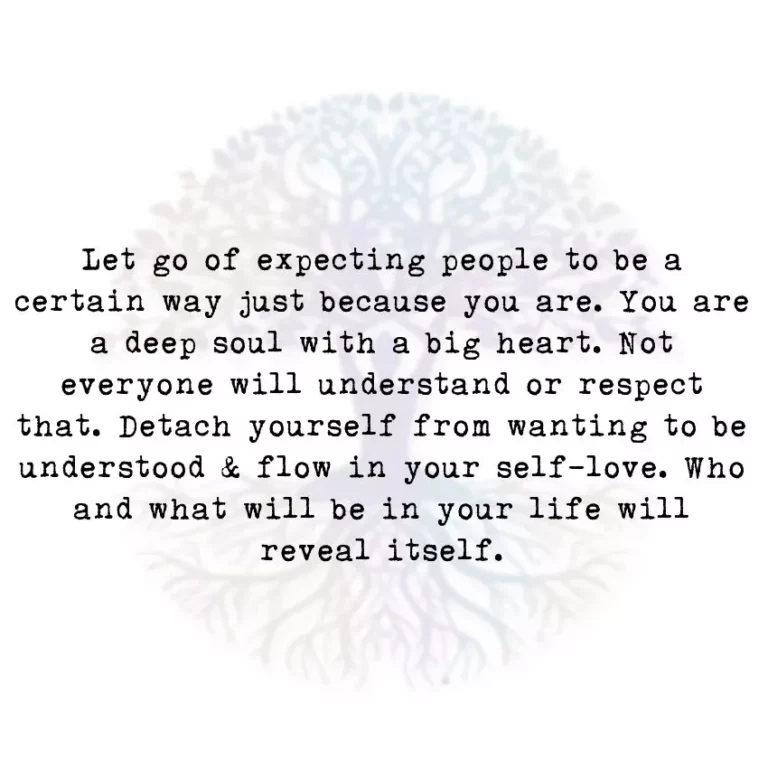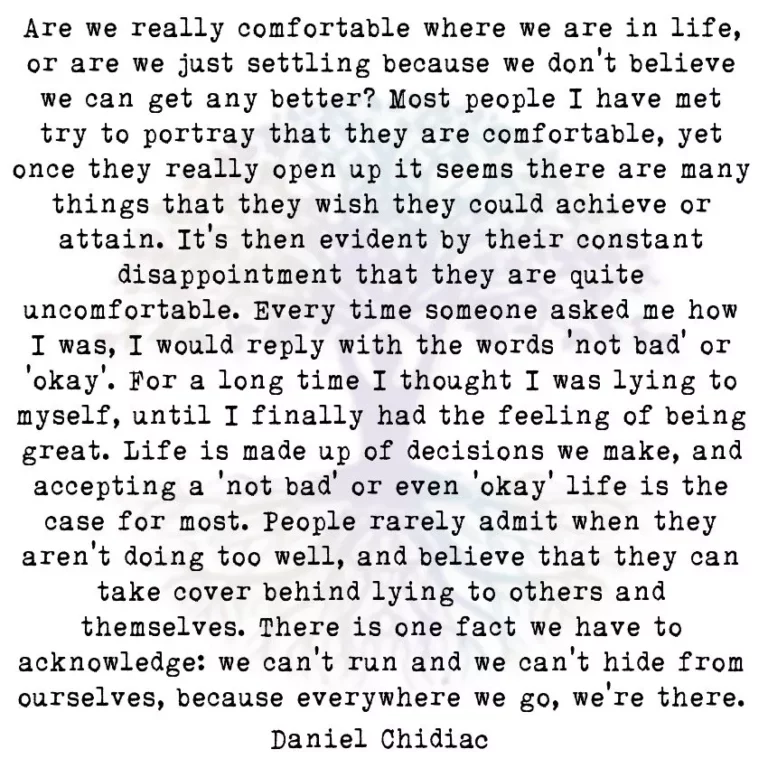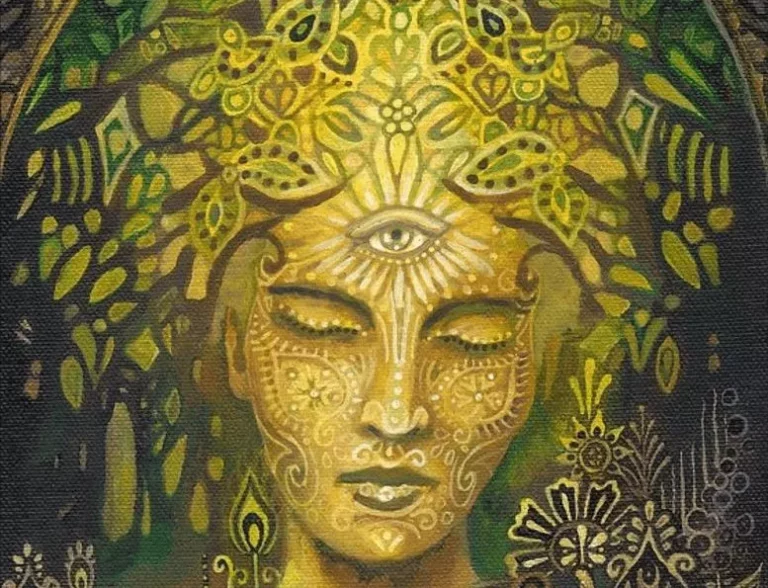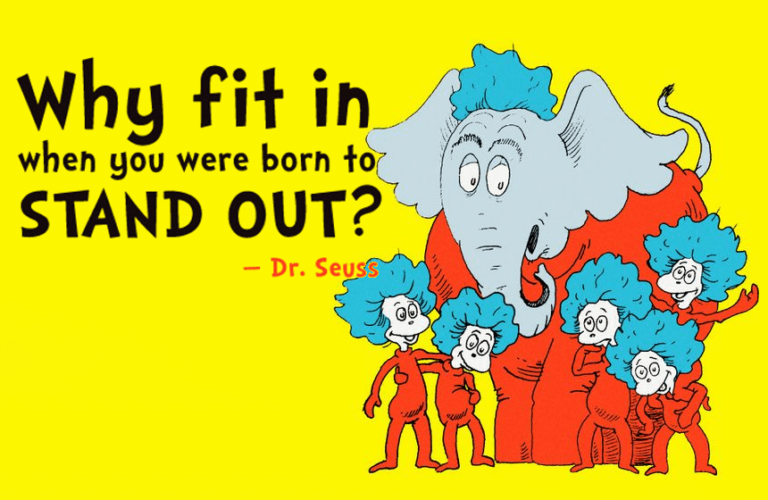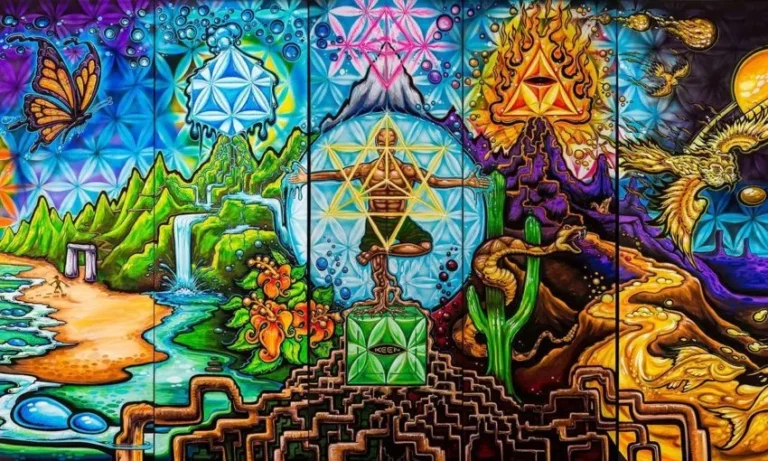Let go of expecting people to be a certain way just because you are. You are a deep soul with a big heart. Not everyone will understand or respect that. Detach yourself from wanting to be understood & flow in your self-love. Who and what will be in your life will reveal itself.
~ Unknown Author
Let Go of Expecting People to Be
Uncomfortable in the Comfort Zone
Are we really comfortable where we are in life, or are we just settling because we don’t believe we can get any better? Most people I have met try to portray that they are comfortable, yet once they really open up it seems there are many things that they wish they could achieve or attain. It’s then evident by their constant disappointment that they are quite uncomfortable. Every time someone asked me how I was, I would reply with the words ‘not bad’ or ‘okay’. For a long time I thought I was lying to myself, until I finally had the feeling of being great. Life is made up of decisions we make, and accepting a ‘not bad’ or even ‘okay’ life is the case for most. People rarely admit when they aren’t doing too well, and believe that they can take cover behind lying to others and themselves. There is one fact we have to acknowledge: we can’t run and we can’t hide from ourselves, because everywhere we go, we’re there.
~ Daniel Chidiac
Ancient Mysticism: When the Gods were Goddesses
“The Goddess does not rule the world; She is the world. Manifested in each of us, She can be known internally by every individual, in all her magnificent diversity.” ~ Starhawk
She is the Source of Life, the principle of all that exists is known by many names – Goddess Sophia as called by the Gnostics, Astarte by the Canaanites, Queen of Heaven or Isis by the Egyptians and Ishtar by the Babylonians. She is Mother Gaia or Pachamama called by the shamanic tribes.
The female principle is present all around us. She is in the water of the oceans where organic lifeforms evolved from; she is in the water of the womb that nurtures the unborn child until it is ready to face the external world.
The female principle is seen everywhere in nature, where mothers take care of their babies and teach them how to survive the external conditions. They would risk their lives under any circumstances to protect their children, as their love is deeper than life itself. To deny this truth would be to deny our own origin as human beings.

There is proof shown by historians and archaeologists, such as G Rachel Levy, J. J. Bachofen or Robert Briffault to name a few, that the ancient civilisations (old Egyptians, Phoenicians and Sumerians among others) and later pagan cultures, worshiped the Goddess in the earliest form of religion, as the first God of the Universe who brought life on this Earth.
The Earth itself is Gaia: a living organism that breathes and evolves. This is not just mysticism, it is a theory proposed by chemist James Lovelock and co-developed by the microbiologist Lynn Margulis in the 1970s, that includes how the biosphere and the evolution of organisms affect the stability and habitability of the Earth.
During the last 2500 years, humans have gradually lost this very first connection to Mother Gaia, as the matrifocal communities were gradually replaced by a patriarchal system based on imperialism, colonialism and male-God monotheistic religions that justified wars in his name.
This society is so well spread, normalised and accepted today, that even when those religions can be completely separated from politics, the basic principles of our origins – sexuality and spirituality – are seen as primitive or less evolved. What else could humans be more curious about if not about their own body and where this all came from?
Nowadays, it feels as if we need to choose between matter or spirit, science or spirituality, mind or soul, logic or intuition, as those could not come together from the same source. For example, we could take a look at the biology of humans to understand how things merge if we go back to the origins.
During the first weeks in the life of a mammal embryo, it is an indifferent creature with bisexual potential. The chemistry in the embryo will determine whether this will develop in a male or remain female. Why ‘remain’?
If there is no modification in this chemistry – absence of androgen – the embryo will develop into a female. Only by modification of this female chemistry, i.e. appearance of androgen, the embryo will develop into a male.
This fact was discovered by Dr Sherfey in 1961, and accepted within the scientific community as the inductor theory: that all mammalian embryos are anatomically female during the early stages of fetal life.
Now that we understand how we all arose from the same conditions and evolved in different ways, we can see how the ancient people conceived the principle of Nature. In those so-called ‘primitive’ societies, and in some of them surviving up to this date, the role of women was seen as fundamental to the development of the community.
Women were called life-givers in some native languages: they were the portals that brought souls from the Universe into this world as physical bodies. They were seen as the doorway between the spirit world and the world of matter. For this reason, women were venerated and considered sacred and a representation of the Earth itself through their bodies – with their seasons, changes and carriers of life.
During this time, women ‘owned’ the land and resources and took care of maintaining harmony and survival. The word ‘own’ is not really accurate, as land or resources were not considered property to exploit but rather a gift from Mother Gaia to respect and transform for the highest good of the community.
Women were leaders and rulers as their advice and knowledge, especially during menstruation time, was highly respected. In those days, they had the highest intuition and they would talk to the spirits and make decisions that were fundamental for the tribe. They were visionaries and doctors as well, as they gathered and studied all the necessary plants and seeds to cure diseases and to nurture the community.
People in these societies, both men and women, did not consider themselves as something separated from Nature but instead as part of Nature, like children of Mother Earth. They did not see any alienation and therefore there was no exploitation, because this would have meant an exploitation of themselves and their own children.
They were part of the Universe and respectively the Universe was part of them, communicating to them, evolving and breathing through them. In the same way Mother Gaia brings life into this world with the help of the rain from the sky, which is actually her own water, women bring life into this world with the help of men that plant the seed in them, but it was believed that the souls were placed in the womb by spirits, by the same force that created the Universe.
Therefore, sexuality was seen as a sacred act and the origin of all things created in the world. It was celebrated and honoured, enjoyed and respected. Sexuality and spirituality could not be separated from each other as they were intrinsically linked. It was a natural connection for humans to celebrate the miracle of life, the pleasures of the body as a gift from the Goddess to enjoy and embrace.
They understood the love emanating from Her and they appreciated and worshiped this love by sharing it with others. There was not any fear, shame or guilt in those times, neither oppression towards women and their sexuality. Those consequences came indeed later with the beginning of the big monotheistic male-God religions.
We tend to see time in our western society as a lineal and logical condition and therefore, everything that occurs or is developed later in time means that it is also more evolved or advanced.
Looking at how humans are polluting the air, exploiting the land and cutting down the rainforest, and how millions of people still today live without having any food to eat, it would be fair to start asking ourselves whether our concept of ‘advanced’ society is really accurate to define the world we live in, while those other cultures are considered ‘primitive’.
“The Goddess has never been lost. It is just that some of us have forgotten how to find Her.” ~ Patricia Monaghan
Those ancient societies were anything but primitive. They understood the mysteries of life and how Mother Gaia and her seasons are connected to our very core as humans – as souls on Earth wandering with our physical body, having a spiritual experience that is to be enjoyed and celebrated.
Image Sources:
10 Quotes From Dr Seuss To ReConnect With Your Rebellious Inner Child
“I like nonsense, it wakes up the brain cells. Fantasy is a necessary ingredient in living.” ~ Ted Geisel
Dr. Seuss, pen name of Theodor Geisel was a writer who, bored of Dick and Jane books, decided to reinvent early reading. He was bullied for being the child of German immigrants, was banned from writing for his college magazine after drinking illegal gin during prohibition, and had his first book rejected after publishers thought it might be a bad influence on children as it encouraged them to tell lies.
In short, he was the epitome of rebellion. Add that to his liberalism and war cartoons which opposed antisemitism and racism, and you may find him to be up there with the most progressive and exciting thinkers and writers of the twentieth century.
Here are 10 Quotes from Dr Seuss to Help You Reconnect with Your Rebellious Inner Child:
“You know you’re in love when you can’t fall asleep because reality is finally better than your dreams.”
The notion of the illusion of reality seemed particularly close to Ted Geisel, and he used contentious rhetoric and allegory, especially in his children’s books. He was also romantic. In true post-war and sixties-flair, love was his ideology and there are sprinklings of high vibration throughout his most popular works.
“You have brains in your head. You have feet in your shoes. You can steer yourself any direction you choose. You’re on your own. And you know what you know. And YOU are the one who’ll decide where to go…” ~ From Oh The Places You’ll Go
This book is one of my personal favorites. Dr. Seuss had a knack for covering the conceptual components in a child’s life, from their love and understanding of nature, to their dealing with difficult and stubborn adults. This quote and the book it is lifted from, is all about the blessing of free will. We all have choices, so use them wisely!
“Today you are You, that is truer than true. There is no one alive who is Youer than You.”
I love this! We are all unique. No feeling down in the dumps about not choosing the path we have found ourselves on. No resistance to being You. Through the medium of nonsense and beautifully simple rhyme, Ted, like any talented poet or comic, shows us the simplicity of truth.
Akin to any Buddhist koan, or line from a famous Zen text, we can know that the most rebellious act we can undertake is to be ourselves, and recognize the bare fact that there is no-one like us. Perfect!
“Unless someone like you cares a whole awful lot, nothing is going to get better. It’s not.” – from The Lorax
Every person’s rebellious inner child is an environmental activist, let’s face it. We all love the earth at heart, even if we have lost our way. The Lorax is a beautiful look at the faceless face of consumerism. And the Lorax? An old creature with a Kung Fu mustache who speaks for the trees. It feels like it shouldn’t work, but it does.
“It’s not about what it is, it’s about what it can become.” – from The Lorax
Impermanence features heavily in perhaps Seuss’s most quotable books, Oh The Places You’ll Go, and The Lorax. In the former, it’s about the highs and lows, in the latter, it’s about the impermanence of the earth.
Planting seeds, and seeing them grow. Just as it took a child to bring big corps to question, so to did Geisel know that’s would take children to inherit and replant the earth. So, whether you’re one of those children, or their parents, we each have an important role in holding reverence for Gaia.
“I said, I do not fear those pants with nobody inside them. I said, and said, and said those words. I said them but I lied them.” – from What Was I Scared Of?
This book is so spooky, yet it teaches that rebellious inner child of ours that there’s nothing to be afraid of but misunderstanding. Our greatest allies are often the monster under the bed, if only we’d face them. A tale about a pair of pants who keeps bumping into the protagonist, it’s like any other Dr. Seuss; simple, original, and heartwarming.
“We’ve GOT to make noises in greater amounts! So, open your mouth, lad! For every voice counts!” – from Horton Hears a Who
Existential, and drawing on parallel worlds, Horton Hears a Who is about making a stand for the underdog or vulnerable. If a minority were floating about on a speck, and you heard them, as a rebellious type you would do anything you could to help them, right?
That’s precisely what an elephant named Horton does, and, when you look past the anthropomorphism, it’s an attribute integral to human nature. In times of stress, we help each other and reveal ourselves to be generous and loving. But really, deep down, that’s what we’re like all of the time. we just don’t realize it.
” Well… in Who-ville they say, that the Grinch’s small heart grew three sizes that day!” ~ from How The Grinch Stole Christmas
The Grinch is my favourite sort of character. The Miser, much like Scrooge of A Christmas Carol fame, (I wonder where Dr. Seuss got the idea?), is the ultimate anti-hero. Bad turns good is as satisfying as an old myth, and an important step on Joseph Campbell’s The Hero’s Journey.
Facing the rebellious inner child’s demons and their shadow-self is the most difficult part of the journey, where they are lured into temptation and nearly overcome. Luckily, the Grinch was saved by Christmas, and as the quote says, his heart grew three sizes in the nick of time.
“I know it is wet and the sun is not sunny, but we can have lots of good fun that is funny.” ~ from The Cat in the Hat
I felt compelled to include a Cat in the Hat quote, I’m not quite sure why. Is he a nefarious trickster? A hark back to fifties cautionary tales about strangers? Or is he the double-sided character that is highly misunderstood? The eternal child…? Ambiguity aside, this Geisel quote is all about boredom, bringing drama into monotony, and looking on the bright side.
Does the rebellious inner child become bored? They don’t want to. They like action, and probably loathe boredom, but then life is life, and knowing how to deal with rainy days is helpful to any rebel.
“You’re off to Great Places! Today is your day! Your mountain is waiting, so… get on your way!” ~ from Oh The Places You’ll Go
Motivational rhyme like you’ve never seen it before, our mountains are inevitable, they’re big, sometimes huge, but there’s no need to dilly dally, let’s get going! My kids and I actually made an ode to Dr. Seuss and his characters based on this book.
Our mountains were armchairs and stairs, our waiting places amongst the toys. Our hot air balloon a throw, our stepping stones cushions. There’s nothing like Dr. Seuss to get us reconnected with our rebellious inner child, as well as our real ones.
Dr. Seuss, the master of rhyme, chief of allegory and captain of rebels, certainly knew how to lighten the mood. With his nonsense, his neologisms, his funny characters, he was one of a kind. And so are you!
Image Sources:
Dr. Seuss by Shelley Adams
Understanding the Cyclic Patterns of Our Existence According to Rudolf Steiner – Part 1
Everything in nature has a cycle or a rhythm, such as seasons, or the rhythm of the sun and moon rising and setting. But on the other hand we have a system that oligarchy has created that dissociates ourselves from the natural rhythm by keeping us trapped in an eat, work, sleep cycle.
But even without our knowledge there are patterns that rule our existence. The most common example of a pattern or phase than we have heard of as a society is the term “mid-life crisis”. Does everyone go through this crisis? Can it be avoided? What does the future hold? How does my past affect my present and future?
All these question can be answered with these insights provided by Rudolf Steiner. The philosopher, social reformer, architect, esotericist, and clairvoyant came up with the seven-year cycles of human existence.
Steiner claimed that every seven years a human passes through a phase (developmental, emotional, physiological, psychological, spiritual) which moulds their being, their individuality.
He also linked these seven-year cycles to astrology, but I’m not going to delve deep into the astrology part, but more into how these cycles affect us and how we can flow with the spirit of existence and have a wholesome healthy life.
This map of human life put forth by Steiner covered cycles from the age of 0 to 70 years. According to Steiner each of these cycles put forth their own challenges and rewards and if we rise up to the difficulties these cycles of life have to offer with integrity and sincerity, our journey will bring forth great rewards.
Spirit Song Over The Waters
The soul of man
Resembleth water:
From heaven it cometh,
To heaven it soareth.
And then again
To earth descendeth,
Changing ever.Down from the lofty
Rocky wall
Streams the bright flood,
Then spreadeth gently
In cloudy billows
O’er the smooth rock,
And welcomed kindly,
Veiling, on roams it,
Soft murmuring,
Tow’rd the abyss.Cliffs projecting
Oppose its progress,–
Angrily foams it
Down to the bottom,
Step by step.Now, in flat channel,
Through the meadowland steals it,
And in the polish’d lake
Each constellation
Joyously peepeth.Wind is the loving
Wooer of waters;
Wind blends together
Billows all-foaming.Spirit of man,
Thou art like unto water!
Fortune of man,
Thou art like unto wind!~ Johann Wolfgang von Goethe
According to Gudrun Burkhard, author of Taking Charge, the “I” comes with the baggage of intentions when it comes to earth even before birth. For example if it wants to become a doctor it will look for a family that will offer that opportunity.
While some of these predispositions come from the zodiac, for example – if you’re born under Sagittarius or Cancer it makes a considerable difference in the stance you have in life. While other qualities are derived from the planets as well, such as Mars qualities give entrepreneurial qualities or Saturn qualities enable you to get to the root of the matter and give investigative characteristics.
This is as far as I will go with the Astrology part of it, for now, let’s take a look at the seven-year cycles according to Steiner ~
Don't let this stop you, show us some love and subscribe to continue reading!
If you're already a member, please login.
Image Sources
A life well lived
Fourfold Human Being
Waldorf Education the vision of Rudolf Steiner

